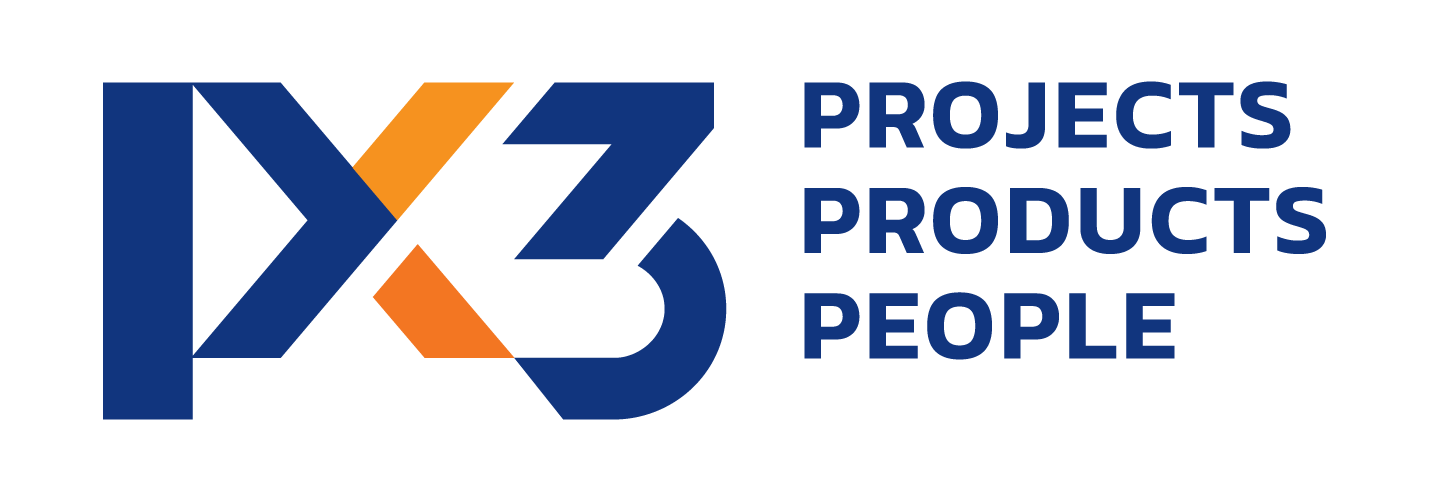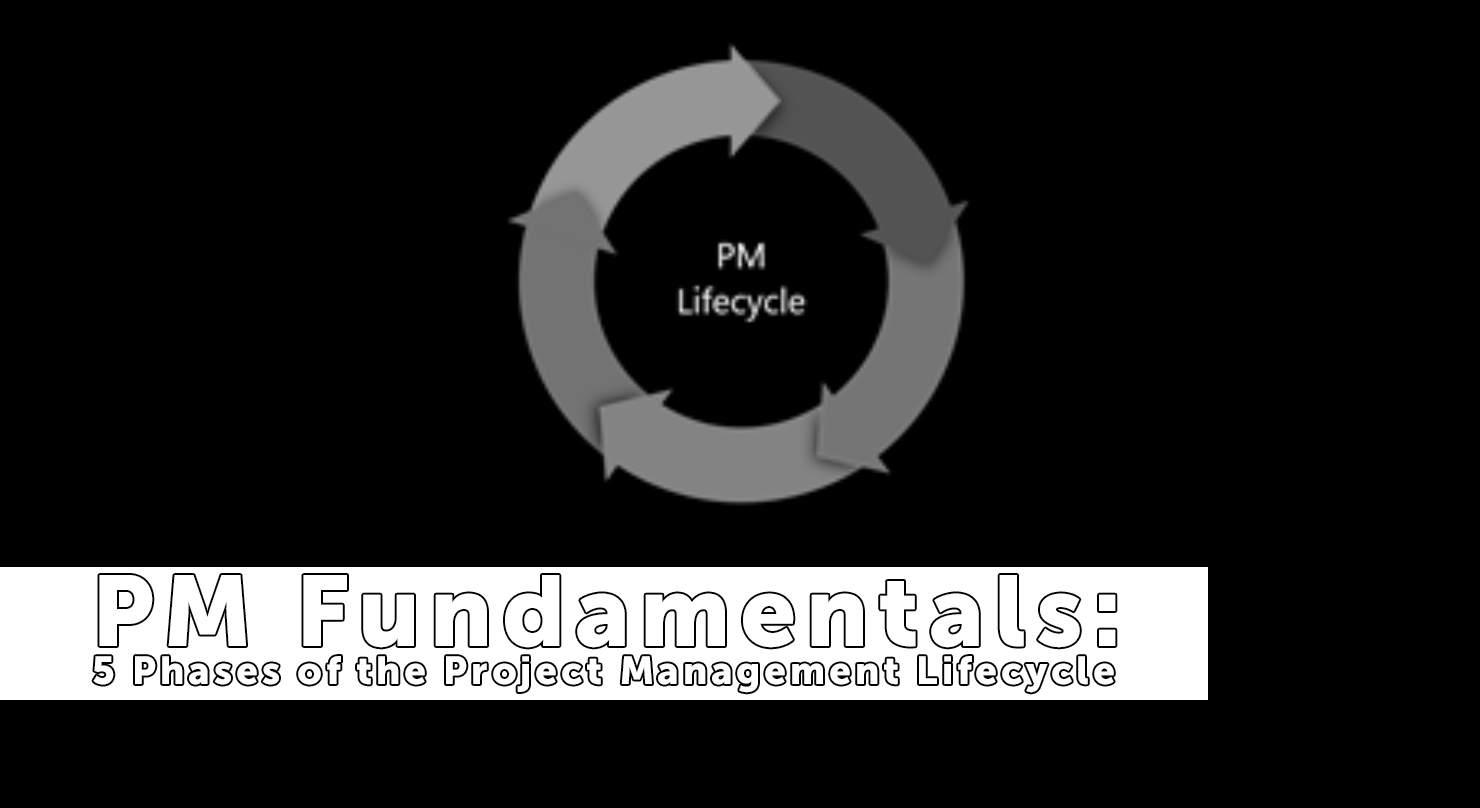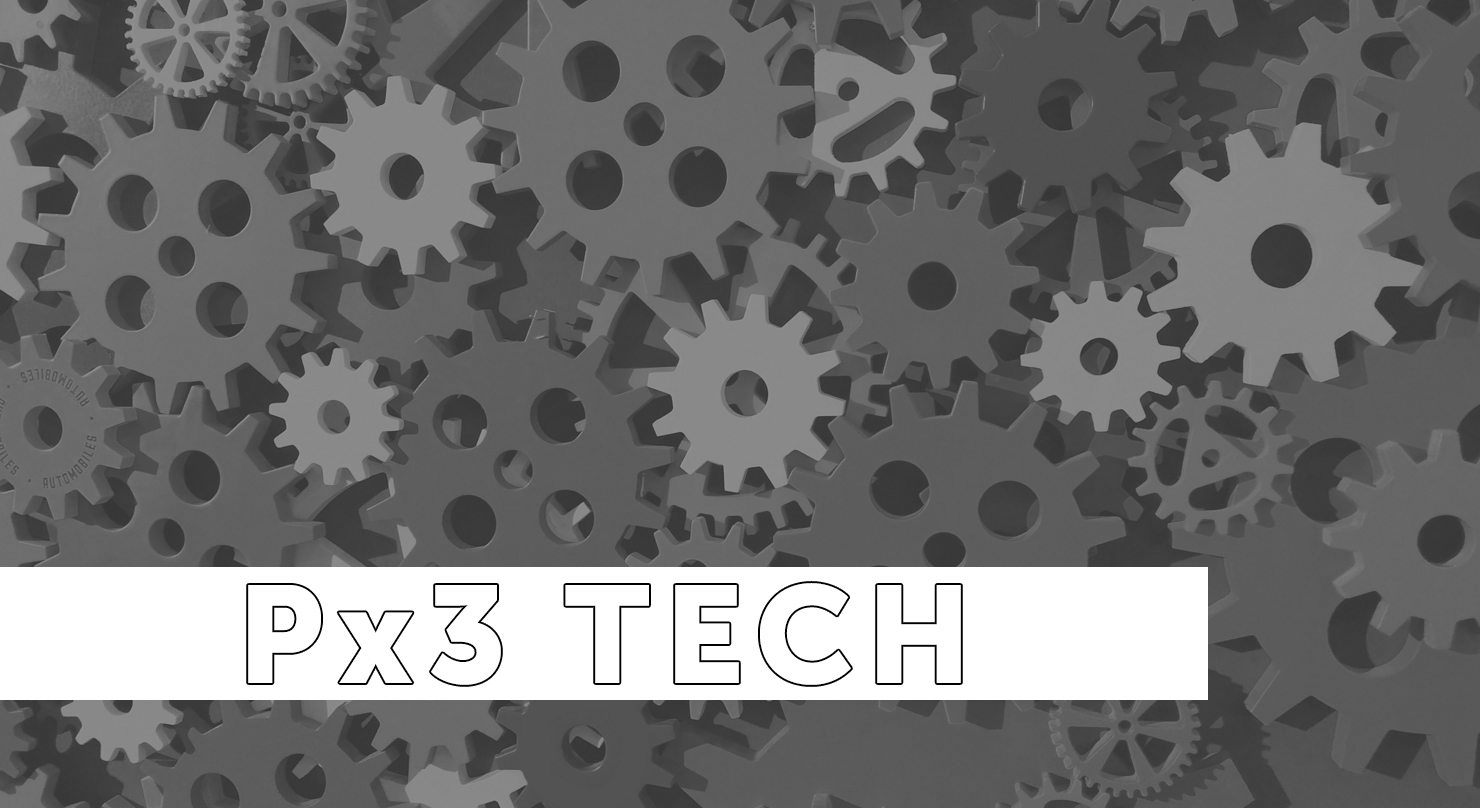Advanced technologies in RPA (such as AI, Machine Learning, Cognitive Computing, Pattern Matching and etc.) have been and will continue to transform how we manage projects. Whether you are a Program Manager responsible for the portfolio of initiatives in Healthcare or a Technical Project Manager overseeing the re-deployment of an ERP solution, you need to have the understanding of key elements of advanced technologies such as Machine Learning and AI to spend less time on planning and more on execution.
I have been a Project Manager and led Project Management Offices (PMO) for Fortune 500 organizations for over 12 years and have experienced firsthand the various iterations of this trade transformation. Having credentials such as PMP, ACP, 6 Sigma is a proven way to demonstrate your commitment to Project Management as a profession, but I am also a strong believer that adapting and staying ahead of the latest trends in technology will help you continue deliver value as a Project Manager. As a PM, I have also experienced my share of some sort of scrutiny when it comes to value-add activities when managing projects, which are comprised of highly technical professionals as solutions architects and software engineers
We will not dive into basic definition and introduction of RPA and Machine Learning for Project Management but rather provide a series of recommendations on best practices and skills required to effectively apply and utilize advanced technologies for better project delivery. Project Management as a practice will not be replaced by the automation or other advanced technologies such as AI, but Project Managers need to evolve and continuously develop their technical skills to utilize these technologies in conjunction with the interpersonal elements of managing projects.
Indeed, there are plenty of areas of the project management or SDLC (software development lifecycle) which could be automated but as we revisit the first proponent of the Agile Manifesto – “Individuals and interactions over processes and tools”.
Critical Skills for PMs in Advanced Technologies
Project Managers should continuously enhance their technical expertise and skillset. Even if you are a non-technical PM who is working with the Business side of the project, you would still benefit greatly from being able to have a meaningful conversation with the development team. RPA technologies (e.g. Automation Anywhere, Blue Prism, UiPath) provide for solid frameworks to get introduced to key principles.
Understanding of the key principles in application or a system design methodologies can help you as a Project Manager to manage your projects more efficiently. For instance, when analyzing the proposed solutions for a given design architecture, you can evaluate the overall durations and resources required for a given set of tasks and provide recommendations on estimated timelines and resource capacity. Below are a few high level examples of system design methodologies that can provide a framework for further research:
- Object Oriented Analysis and Design (OOAD), a method or a framework for designing a business process or a system through visual modeling, one of the popular techniques that the Project Managers should be familiar with when advancing their skills in RPA.
- Domain-driven Design (DDD)
- Layered application development with such layers as: Application/Presentation layer, Data Layer, Services layer, Business layer
There are various courses and certifications that may provide for additional knowledge as well as credibility in RPA:
- UiPath Academy Online Training Program
- The RPA Academy
- Udemy courses on RPA
Resource Management with AI and ML
Resources planning and resource capacity modeling is one of the most critical phases in project management lifecycle. Lots of companies have well-defined databases of specific roles and pre-established templates with MS Project for project managers, which provide for a solid framework to analyze the data for potential automation. Whether you need to crash the schedule or fast-track it, AI can be a powerful tool in creating predictive models based on historical performance of similar tasks. But this would require a diligent and consistent initiative to create a historical database of all past successful and failed projects.
RPA relies on historical data and Project Managers need to drive the Closing phases of each project with due diligence. Consequently, when certain repetitive tasks are automated, your staff are left with more time to make project-centric decisions that positively influence its delivery. There various recommendations for Project Managers who are taking on projects in advanced technologies or looking to transition into leading the company-wide transformation initiatives. Whether you are leading a Retrospective session with your Agile team or a Lessons Learned committee upon completion of a project, it is imperative to create a repository of historical data that was used in each project. RPA or AI are relative to Lean principles which go through the 5 Principles: Identify Value, Map the Value Stream, Create the Flow, Establish Pull and Seek Perfection, and each PM who is looking to adapt the RPA shall aim to adapt some of these principles of Lean in order to create a more robust framework for managing RPA projects.
In summary
Whether you are leading a small upgrade project for the latest software update or spearheading a companywide ERP redeployment initiative, identifying opportunities for automation and process improvement is critical for the future success. Project Managers play an integral and central part in driving these initiatives and making sure that each phase of the project lifecycle is consistently adhered to. Without the historical data and lessons learned, RPA and other advanced technologies will be challenging to implement and adapt.
At PM Imperative, we cover the latest trends in Project Management and Product Management. As PM practitioners, we understand the value the Project Managers and Product Managers bring to each organization and that’s why we focus on the most practical strategies that Project and Product Managers can implement immediately. If you found this post useful, be sure to check out our latest book: The PM Imperative – Guide for Leading & Managing Projects, People & Delivering Value. https://pmimperative.com/shop/






Lorem ipsum dolor sit amet, consectetur adipiscing elit, sed do eiusmod tempor incididunt ut labore et dolore magna aliqua.